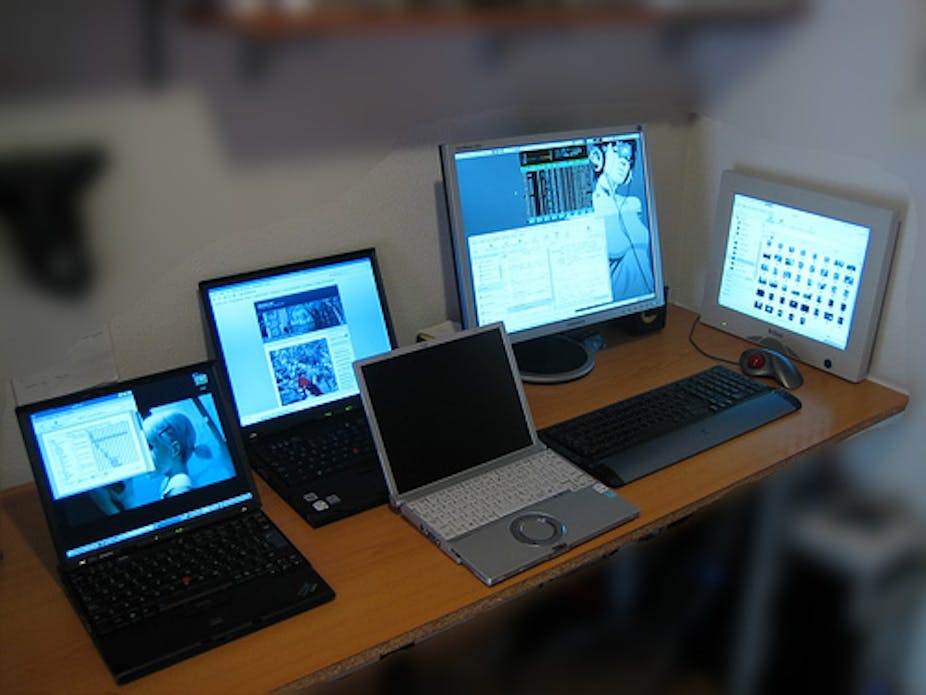My first ever time on an aeroplane, the mid 1980s, and the in-flight film was Ferris Bueller’s Day Off. Equally suitable fare for my younger brother seated to my left and my grandma to my right.
Flash forward a few decades. A month or so ago and I was on an A380, the cabin lights were dimmed and I was watching the spanking scenes in A Dangerous Method and feeling just a tiny bit seedy. Not seedy enough to turn it off, of course – let’s not go crazy - but certainly enough to think about the politics of sex in public.
The crux of my PhD and first book was to propose new ways of thinking about sexist billboards. That instead of sticking to the well-worn feminist argument about objectification, instead, to think about it as an issue of sexual harassment. As a public policy problem.
In workplaces and in schools, pin-ups are considered inappropriate and as something that can render an environment hostile, uncomfortable and exclusionary. Letting highly sexualised images flourish outdoors exemplifies a public policy double standard whereby imagery that would be completely inappropriate in my workplace - just as much as in yours - is granted spurious legitimacy because a site has been rented and a product is being touted.
Pin-ups in workplaces and schools are considered a problem not because women are scantily clad but because employees and students have no ability to avoid them. Workers and students are compelled to be in a given environment and thus it is accepted that the images that they are exposed to need to err on the side of caution to avoid offence. That we accept that offence can occur in a mechanic’s workshop but somehow not so on the street highlights a strange blip in legislation.
Personally I don’t have much of a problem with pornography. Provided all participants are informed and consenting, provided all audiences are informed and consenting and provided that no man ever expects me to put on such a show, then I’m fine with it. It’s a matter of choice and personal taste and individual discretion.
But choice is compromised when pornography consumption is taken out of the privacy of one’s home and experienced in public space.
Once upon a time porn was exclusively the domain of sticky-paged magazines and well-worn VHS tapes. Nowadays it can be watched on any number of mobile devices. Just as our email can follow us onto public transport, so too can our favourite porn sites. And thus a new problem exists for policymakers.
I might find it vaguely weird if my seatmate on the tram was watching porn on an iPad, truth me told, I’d find it no more strange than if they were reading the latest self-improvement tome or bodice ripper.
While I’m not offended by porn, however, I don’t think it should be something foisted upon people without their consent. Pornography is not the same as public consumption of a crossword book or John Grisham novel; unsolicited exposure to porn can cause enormous amounts of distress to some people.
I’m strongly supportive of dabbling in whatever legal practices we desire in the privacy of our homes. But taking a penchant for porn out in public and expecting others to put up and shut up is arrogant and offensive.
The exertion of personal liberties should not come at the expense of the liberties of others.

